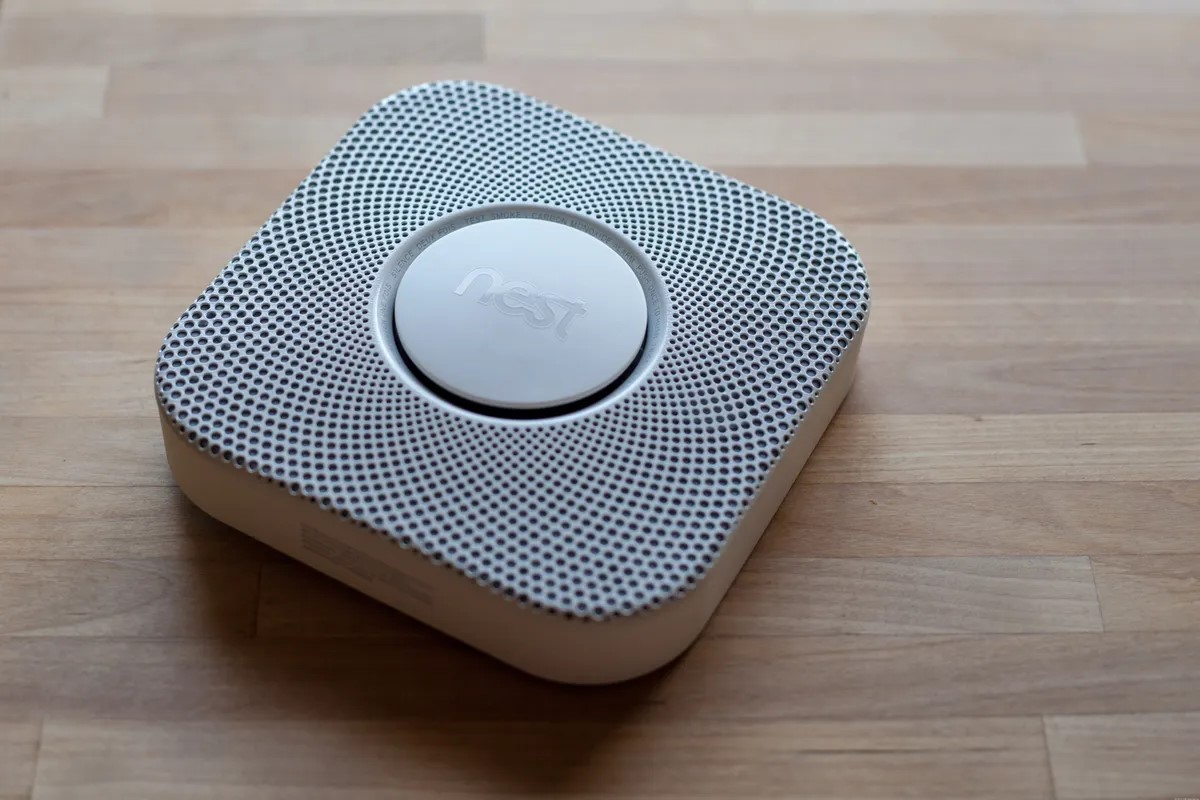

Articles
How Much Does A Carbon Monoxide Detector Cost
Modified: October 20, 2024
Find out the average cost of carbon monoxide detectors in this informative articles. Protect your loved ones from this deadly gas.
(Many of the links in this article redirect to a specific reviewed product. Your purchase of these products through affiliate links helps to generate commission for Storables.com, at no extra cost. Learn more)
Introduction
Carbon monoxide (CO) is a odorless, colorless, and toxic gas that can be emitted from various sources in our daily lives. It is often called the silent killer because it can go undetected without the proper precautions. Carbon monoxide poisoning can lead to serious health issues or even death if not detected and treated in a timely manner.
One of the most effective ways to protect yourself and your loved ones from carbon monoxide exposure is by investing in a carbon monoxide detector. These devices are designed to sense the presence of carbon monoxide in the air and emit an alarm to alert occupants of potential danger.
However, when it comes to purchasing a carbon monoxide detector, you may wonder how much it will cost. The cost of a carbon monoxide detector can vary based on several factors, including the type of detector, additional features, brand, and model. In this article, we will explore the factors influencing the cost of carbon monoxide detectors and provide insights to help you make an informed decision.
Key Takeaways:
- Factors such as detector type, accuracy, brand, certifications, and features influence the cost of carbon monoxide detectors. Prioritize your needs and budget to make an informed decision when selecting a detector.
- Investing in a reliable carbon monoxide detector is crucial for the safety of your household. Consider additional features, brand reputation, and overall reliability, not just the price, when making a purchase decision.
Read more: How Does Carbon Monoxide Detector Work
Factors Affecting Carbon Monoxide Detector Cost
Several factors contribute to the cost variation of carbon monoxide detectors. Understanding these factors will help you determine the most suitable detector for your needs and budget. Below are the key factors that can influence the price of a carbon monoxide detector:
- Type of Detector: There are different types of carbon monoxide detectors available, including plug-in detectors, battery-operated detectors, hardwired detectors, and combination smoke and carbon monoxide detectors. The cost can vary based on the type you choose.
- Accuracy and Sensitivity: Some carbon monoxide detectors offer advanced features, such as enhanced accuracy and sensitivity. These detectors can detect low levels of carbon monoxide and provide early warnings. However, detectors with higher accuracy and sensitivity may come with a higher price tag.
- Brand and Model: The brand and model of the carbon monoxide detector can also affect its cost. Well-known brands with a reputation for quality and reliability may charge a premium for their products.
- Certifications and Standards: Carbon monoxide detectors that meet certain certifications and standards, such as UL (Underwriters Laboratories) or CSA (Canadian Standards Association), are generally more expensive. These certifications ensure that the detector meets specific safety requirements.
- Display and Features: Some carbon monoxide detectors come with additional features, such as digital displays, backlit screens, battery backup, and voice alerts. These features can enhance user experience but may add to the overall cost of the detector.
It’s important to consider these factors and prioritize your needs when selecting a carbon monoxide detector. A higher-priced detector may offer more advanced features, but it might not be necessary for every household. Assessing the specific requirements of your living space and budget will help you make an informed decision.
Types of Carbon Monoxide Detectors
When it comes to carbon monoxide detectors, there are several types available on the market. Each type has its own set of features and installation requirements. Understanding the different types will help you choose the right detector for your home. Below are the common types of carbon monoxide detectors:
- Plug-in Detectors: These detectors are designed to be plugged into an electrical outlet. They are easy to install and don’t require any batteries. However, they might not be suitable for areas with frequent power outages, as they rely solely on electricity.
- Battery-Operated Detectors: Battery-operated detectors are powered by batteries, making them versatile in terms of placement. They are relatively easy to install and can be placed in any desired location. It’s essential to regularly check and replace the batteries to ensure proper functionality.
- Hardwired Detectors: Hardwired detectors are wired directly into the electrical system of the house. They often come with battery backup, ensuring they remain operational during power outages. These detectors typically require professional installation.
- Combination Smoke and Carbon Monoxide Detectors: These detectors provide dual protection against both smoke and carbon monoxide. They combine the features of smoke detectors and carbon monoxide detectors into a single device. They are ideal for areas where both risks are present, such as kitchens and bedrooms.
Each type of carbon monoxide detector has its pros and cons, and the choice depends on your specific needs and preferences. Consider factors such as power source availability, installation requirements, and the level of protection required in different areas of your home. It’s important to ensure that the chosen detector meets the necessary safety certifications and standards.
Price Range for Basic Carbon Monoxide Detectors
The cost of carbon monoxide detectors can vary widely depending on the type, features, and brand. Basic carbon monoxide detectors, which offer essential functionality without any additional bells and whistles, are typically available at affordable prices. The average price range for basic carbon monoxide detectors is between $20 and $50.
At the lower end of the price range, you can find simple battery-operated carbon monoxide detectors that provide reliable detection and sound an alarm when elevated levels of carbon monoxide are detected. These basic models usually have a simple LED indicator to show the status of the detector and may not have additional features like digital displays or voice alerts.
As you move up the price range, you may find carbon monoxide detectors with enhanced features such as digital displays, which show the current carbon monoxide levels. Some models may also have a peak level memory function, allowing you to monitor the highest level of carbon monoxide detected over time.
It’s important to note that while basic carbon monoxide detectors may be more budget-friendly, they still provide reliable protection against carbon monoxide poisoning. They meet the necessary safety standards and can effectively detect the presence of carbon monoxide to alert you in case of a potential danger.
However, it’s always recommended to carefully review the specifications and certifications of any carbon monoxide detector you consider purchasing. Ensuring that the detector meets the necessary safety standards, such as UL or CSA certifications, is essential for optimal performance and reliability.
Ultimately, the price range of basic carbon monoxide detectors makes it affordable for most households to invest in this critical safety device. Remember that the cost of a carbon monoxide detector is a small price to pay when it comes to the well-being and safety of you and your loved ones.
Factors Influencing the Price Variation
When it comes to carbon monoxide detectors, there are several factors that contribute to the variation in prices. Understanding these factors will help you make an informed decision and choose a detector that fits your needs and budget. Here are the key factors that influence the price variation:
- Brand Reputation: Well-known brands with a reputation for quality and reliability often charge a premium for their products. Their detectors may come with advanced features, higher accuracy, and better customer support, which can justify the higher price.
- Detector Type: Different types of carbon monoxide detectors have different price ranges. Basic battery-operated detectors are generally more affordable than hardwired or combination detectors that offer additional features and functions.
- Quality and Durability: Higher-priced carbon monoxide detectors often boast better build quality and durability. They are built to withstand the test of time and are more resistant to wear and tear. Investing in a higher-quality detector can help ensure long-term reliability and performance.
- Advanced Features: Carbon monoxide detectors with advanced features such as digital displays, voice alerts, smartphone connectivity, and integration with other smart home systems will generally have a higher price tag.
- Sensitivity and Accuracy: Detectors that are more sensitive and accurate in detecting low levels of carbon monoxide may be priced higher. They can provide earlier warnings and help prevent potential health hazards.
- Certifications and Compliance: Carbon monoxide detectors that meet specific certifications and compliance standards, such as UL or CSA, tend to be more expensive. These certifications ensure that the detectors meet certain safety requirements and have undergone rigorous testing.
It’s important to consider these factors when choosing a carbon monoxide detector. While higher-priced detectors may offer advanced features and better quality, it’s essential to find a balance between your budget and the level of protection you require. Evaluate your needs, compare prices and features, and choose a detector that provides the necessary functionality while fitting within your budget.
Keep in mind that investing in a reliable carbon monoxide detector is crucial to the safety of your household. Don’t compromise on quality or features when it comes to protecting yourself and your loved ones from the dangers of carbon monoxide poisoning.
When purchasing a carbon monoxide detector, consider the type (battery-powered or hardwired), sensor technology, and additional features. Prices can range from $20 to $100 depending on these factors. It’s important to choose a reliable and certified detector to ensure the safety of your home.
Read more: What Does A Carbon Monoxide Detector Do
Additional Features and Their Impact on Cost
When it comes to carbon monoxide detectors, there are various additional features available that can enhance their functionality and user experience. However, these additional features can also impact the cost of the detector. Understanding the impact of these features on the overall cost can help you choose the right detector for your needs. Here are some common additional features and their impact on cost:
- Digital Display: Carbon monoxide detectors with a digital display provide real-time information about carbon monoxide levels in your home. These displays can show the current carbon monoxide levels, peak level memory, and other relevant data. Detectors with digital displays tend to be priced higher than those without this feature.
- Voice Alerts: Some carbon monoxide detectors offer voice alerts in addition to traditional alarm sounds. These detectors verbally announce the presence of carbon monoxide, providing an extra layer of protection, especially for those with hearing impairments. Detectors with voice alerts may have a higher price point compared to those without this feature.
- Smart Connectivity: Certain carbon monoxide detectors can be connected to smartphones or other smart home devices. This allows you to monitor and control the detector remotely, receive real-time alerts, and integrate it with your existing smart home system. Detectors with smart connectivity capabilities are often priced higher due to the added convenience and advanced technology.
- Battery Backup: Carbon monoxide detectors with battery backup ensure continued operation even during power outages. This feature provides an extra layer of protection in case of electrical failures. Detectors with battery backup functionality tend to be more expensive than those without this feature.
- Interconnectivity: Some carbon monoxide detectors can be interconnected with other detectors in your home, including smoke detectors. When one detector detects carbon monoxide or smoke, it triggers all interconnected detectors to sound an alarm simultaneously. Interconnected detectors come at a higher cost but provide enhanced safety and early warning capabilities.
It’s important to assess your specific needs and priorities when considering these additional features. While they can add convenience and functionality, they may not be necessary for every household. Consider your budget, the layout of your home, and the level of protection required to make an informed decision.
Remember that the cost of these additional features can vary depending on the brand and model of the detector. Compare different options and choose the features that align with your needs while fitting within your budget. Prioritizing safety and reliability should always be the main focus when selecting a carbon monoxide detector.
Cost Comparison of Different Brands and Models
When it comes to purchasing a carbon monoxide detector, comparing the cost of different brands and models can help you find the best value for your money. However, it’s important to note that the price of a carbon monoxide detector is not the sole indicator of its quality or performance. Factors such as brand reputation, features, certifications, and overall reliability should also be considered. Here is a general cost comparison of different brands and models:
- Brand A: Brand A offers a range of carbon monoxide detectors with prices ranging from $30 to $70. Their detectors are known for their reliability and accuracy in detecting carbon monoxide. They offer basic models with essential features as well as advanced models with digital displays and voice alerts at higher price points.
- Brand B: Brand B is renowned for its technologically advanced carbon monoxide detectors. Their detectors come with smartphone connectivity and integration with smart home systems. The prices for brand B detectors range from $60 to $100, reflecting the added features and convenience they provide.
- Brand C: Brand C focuses on providing affordable yet reliable carbon monoxide detectors. Their price range is between $20 and $50, making them a popular choice for budget-conscious consumers. They offer simple and straightforward detectors without any fancy features.
- Brand D: Brand D is known for its combination smoke and carbon monoxide detectors. These detectors offer dual protection and are priced between $50 and $100, depending on the model and additional features such as voice alerts and connectivity options.
Keep in mind that these price ranges are approximate and can vary depending on the specific model and retailer. It’s always recommended to do thorough research on different brands and models, read customer reviews, and compare prices from reputable retailers before making a purchase decision. Consider your budget, specific requirements, and the reputation and reliability of the brand when comparing the cost of different detectors.
Remember that while cost is an important factor, it should not be the sole determining factor. Prioritizing safety, reliability, and necessary features that suit your needs is paramount. Investing in a high-quality carbon monoxide detector, even if it means spending a little extra, can provide peace of mind and ensure the safety of you and your loved ones.
The Importance of Investing in a Carbon Monoxide Detector
Investing in a carbon monoxide detector is crucial for the safety and well-being of you and your loved ones. Carbon monoxide is a silent, odorless, and invisible gas that can be deadly if not detected in time. Here are some reasons why it is important to have a carbon monoxide detector in your home:
- Early Warning System: A carbon monoxide detector serves as an early warning system, alerting you when elevated levels of carbon monoxide are detected in your home. This allows you to take immediate action, such as ventilating the area, turning off potential sources of carbon monoxide, and evacuating if necessary.
- Prevention of Carbon Monoxide Poisoning: Carbon monoxide poisoning can lead to severe health complications or even death. The symptoms of carbon monoxide poisoning, such as headaches, dizziness, nausea, and confusion, can easily be mistaken for other illnesses. A detector can detect carbon monoxide levels and sound an alarm before symptoms become severe, preventing potential poisoning incidents.
- Protection During Sleep: Carbon monoxide poisoning often occurs during sleep when people are unaware of the presence of the gas. Having a carbon monoxide detector in your home provides continuous monitoring, even while you sleep, ensuring that you are alerted if carbon monoxide levels rise to dangerous levels.
- Compliance with Safety Standards: Many local building codes and regulations require the installation of carbon monoxide detectors in residential properties. By investing in a carbon monoxide detector, you ensure compliance with these safety standards, which can help avoid potential legal issues and ensure the safety of your household.
- Affordability and Easy Installation: Carbon monoxide detectors are available at affordable prices and are relatively easy to install. They can be plugged into an outlet, operated by batteries, or hardwired into your home’s electrical system. The minimal upfront cost and ease of installation make it accessible for every household to invest in a carbon monoxide detector.
By investing in a carbon monoxide detector, you are taking a proactive step towards protecting yourself and your family from the dangers of carbon monoxide poisoning. It provides peace of mind, knowing that you have an early warning system in place to detect this silent killer.
Remember to regularly test your carbon monoxide detector to ensure its proper functioning. Follow the manufacturer’s instructions for maintenance, including battery replacement, and be aware of the lifespan of your detector, as it may need to be replaced after a certain period of time.
Overall, a carbon monoxide detector is not just a device, but a potentially life-saving tool. By investing in one, you prioritize the safety and well-being of your household and take an essential step towards creating a secure living environment.
Tips for Buying a Carbon Monoxide Detector
When it comes to buying a carbon monoxide detector, there are several factors to consider to ensure you choose the right one for your home. Here are some tips to keep in mind when purchasing a carbon monoxide detector:
- Look for Safety Certifications: Opt for detectors that have been tested and certified by reputable safety organizations such as UL (Underwriters Laboratories) or CSA (Canadian Standards Association). These certifications ensure that the detectors meet specific safety standards and have undergone rigorous testing.
- Determine Power Source: Consider whether you prefer a battery-operated, plug-in, or hardwired carbon monoxide detector. Battery-operated detectors offer flexibility in placement, while plug-in or hardwired detectors provide continuous power without the need to worry about batteries.
- Consider the Type of Detector: Decide on the type of detector that suits your needs. You can choose between a basic carbon monoxide detector, a combination smoke and carbon monoxide detector, or a detector with advanced features such as digital displays or voice alerts.
- Review Features and Functionality: Assess the features you desire in a carbon monoxide detector. Features such as digital displays, peak level memory, voice alerts, and smart connectivity can provide added convenience and enhance user experience.
- Understand Maintenance Requirements: Read the manufacturer’s instructions to understand the maintenance and care requirements of the detector. This includes regular testing, battery replacement, and the need for any periodic servicing.
- Consider Interconnectivity: If you have multiple levels or areas in your home, consider purchasing detectors that can be interconnected. Interconnected detectors ensure that when one detector senses carbon monoxide, all interconnected detectors sound an alarm simultaneously, providing early warnings throughout your home.
- Read Consumer Reviews: Before making a purchase, read consumer reviews and ratings of different carbon monoxide detectors. This can provide insight into the experiences and satisfaction levels of other users, helping you make an informed decision.
- Compare Prices: Compare prices from different retailers to ensure you are getting the best value for your money. Consider the brand, features, and overall reputation of the manufacturer when comparing prices.
- Install Properly: Once you have chosen a carbon monoxide detector, follow the manufacturer’s instructions for proper installation. Install the detector in a central location outside of bedrooms and on each level of your home for optimal coverage.
By following these tips, you can ensure that you select a reliable and effective carbon monoxide detector that suits your specific needs. Making an informed decision and investing in a high-quality detector will contribute to the safety and well-being of your household.
Read more: Why Does Carbon Monoxide Detector Beeps
Conclusion
Investing in a carbon monoxide detector is a critical step towards protecting yourself and your loved ones from the dangers of carbon monoxide poisoning. This odorless, colorless gas can go undetected without the proper precautions, making a carbon monoxide detector an essential safety device for every home.
Throughout this article, we have discussed the factors that affect the cost of carbon monoxide detectors, the different types available, and the importance of investing in one. We explored the additional features that can impact the price of a detector, as well as the cost comparison of different brands and models.
Price should not be the sole determining factor when it comes to choosing a carbon monoxide detector. It’s essential to prioritize safety, reliability, and features that align with your specific needs. Look for detectors with reputable safety certifications and assess the power source, type of detector, and additional features that suit your requirements.
Remember, the installation of a carbon monoxide detector is not only a wise investment but also a compliance with safety standards. It provides an early warning system, preventing carbon monoxide poisoning incidents and protecting your household, especially during sleep when the risks are higher.
By following the tips provided, you can make an informed decision and select a carbon monoxide detector that offers the necessary protection for your home. Regularly test and maintain your detector, and replace it according to the manufacturer’s recommendations to ensure continued effectiveness.
Ultimately, the cost of a carbon monoxide detector is a small price to pay compared to the potential risks and consequences of carbon monoxide exposure. Prioritizing safety and investing in a reliable detector will provide you with peace of mind, knowing that you have taken important steps to safeguard yourself and your loved ones from this silent killer.
Frequently Asked Questions about How Much Does A Carbon Monoxide Detector Cost
Was this page helpful?
At Storables.com, we guarantee accurate and reliable information. Our content, validated by Expert Board Contributors, is crafted following stringent Editorial Policies. We're committed to providing you with well-researched, expert-backed insights for all your informational needs.
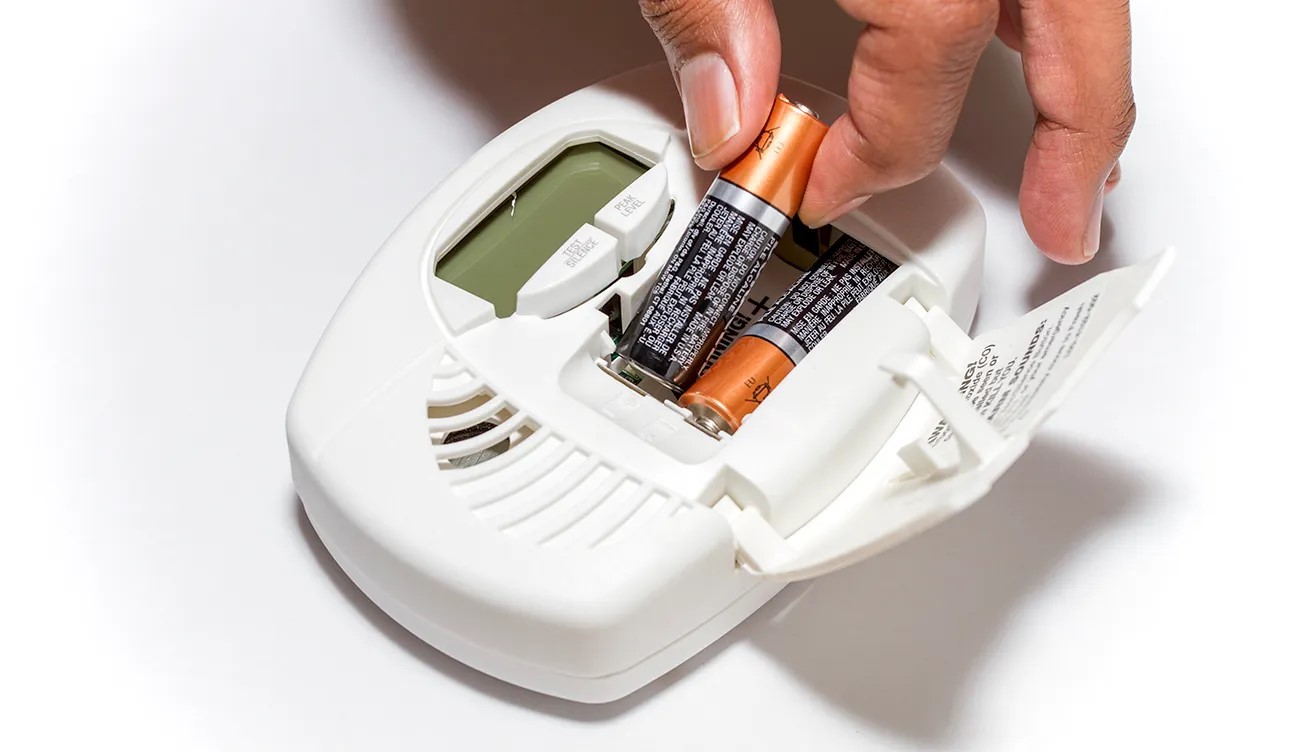
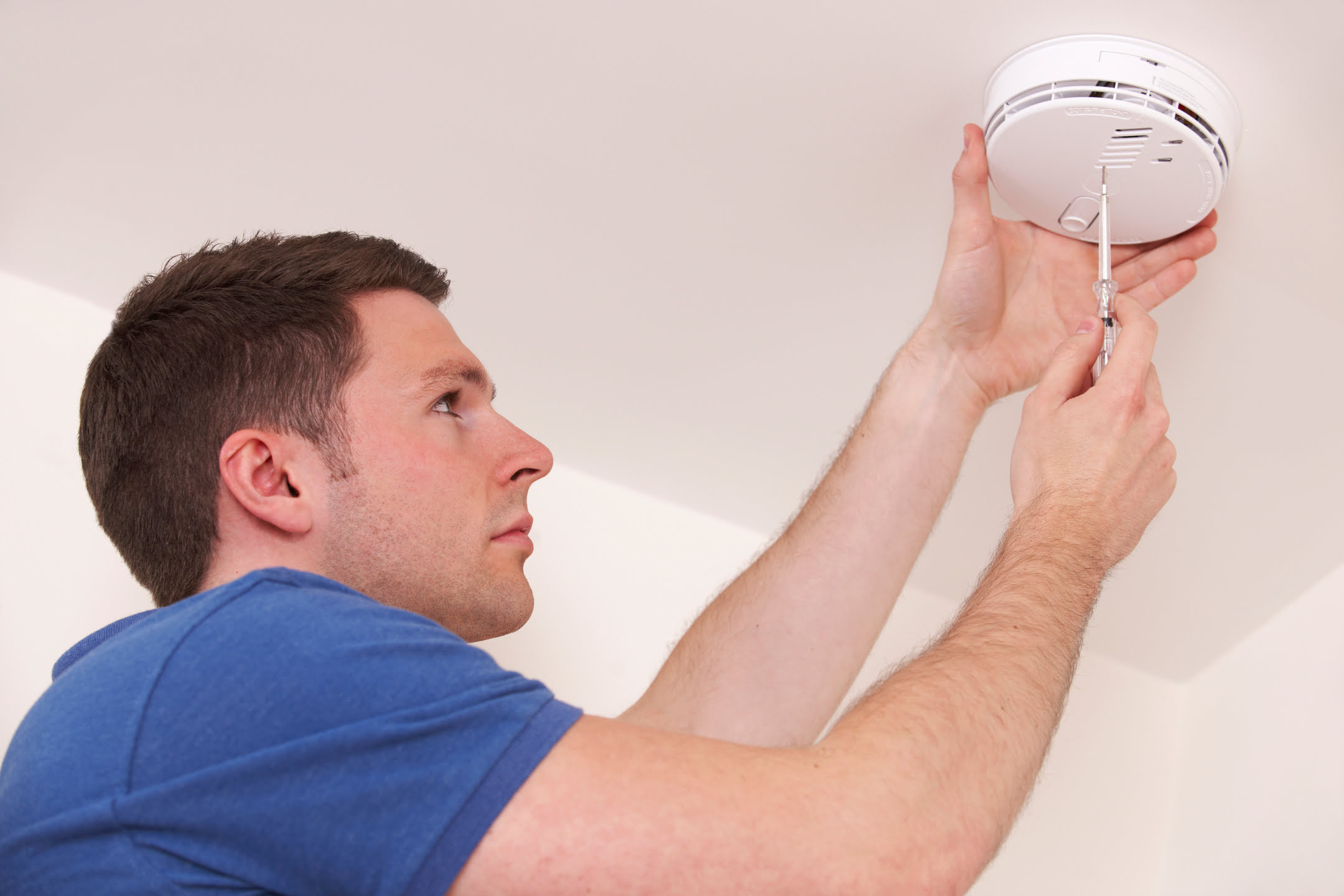
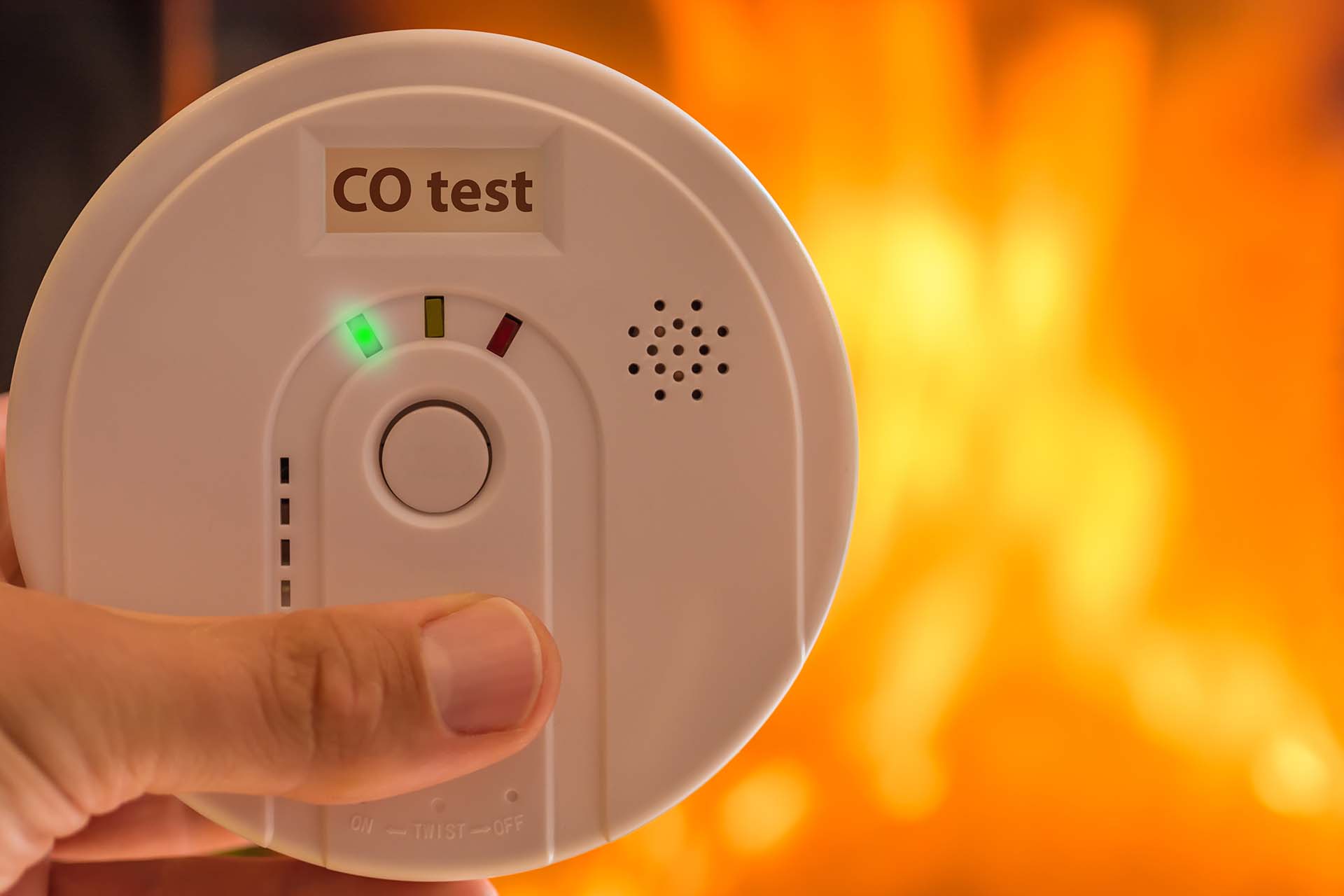
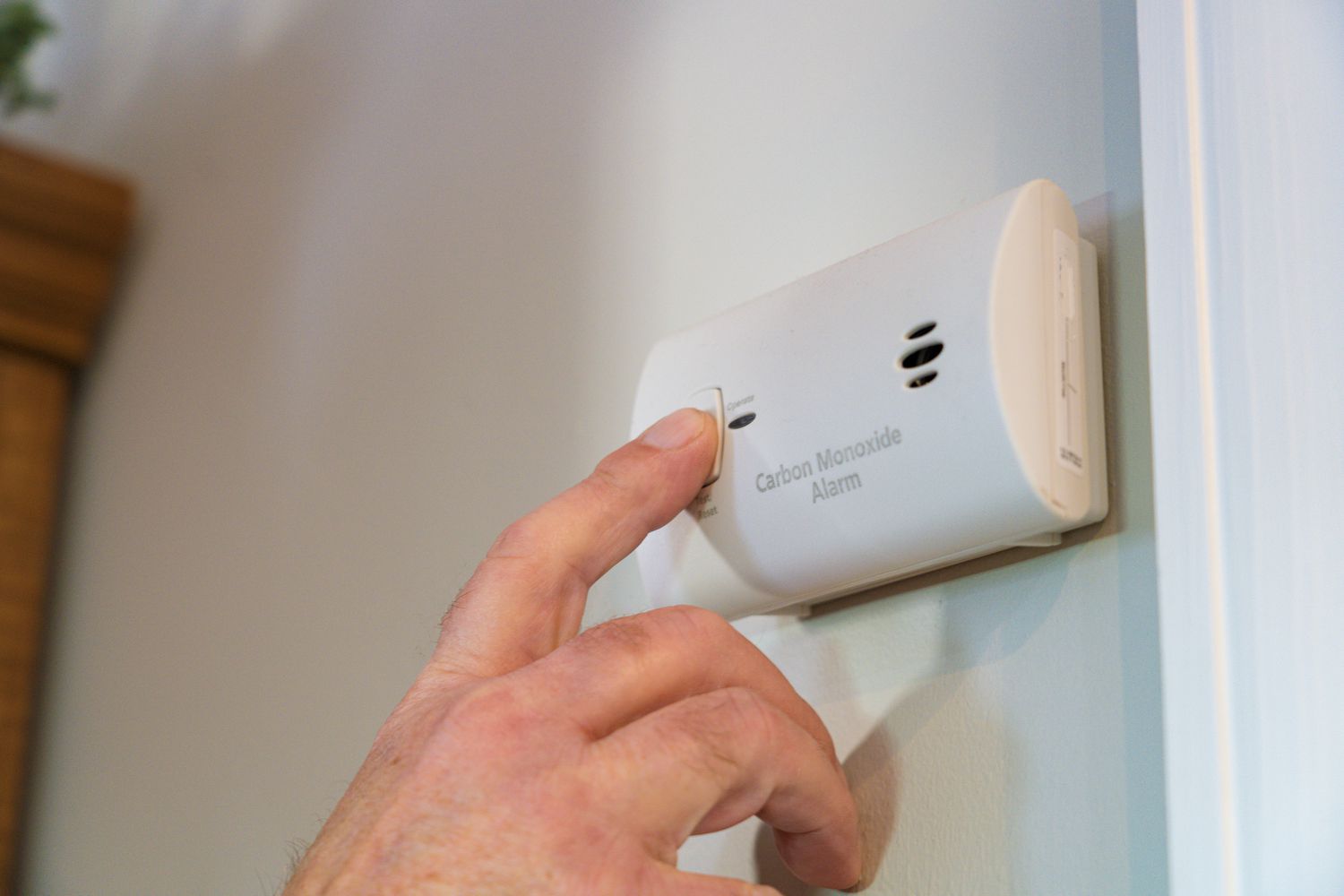
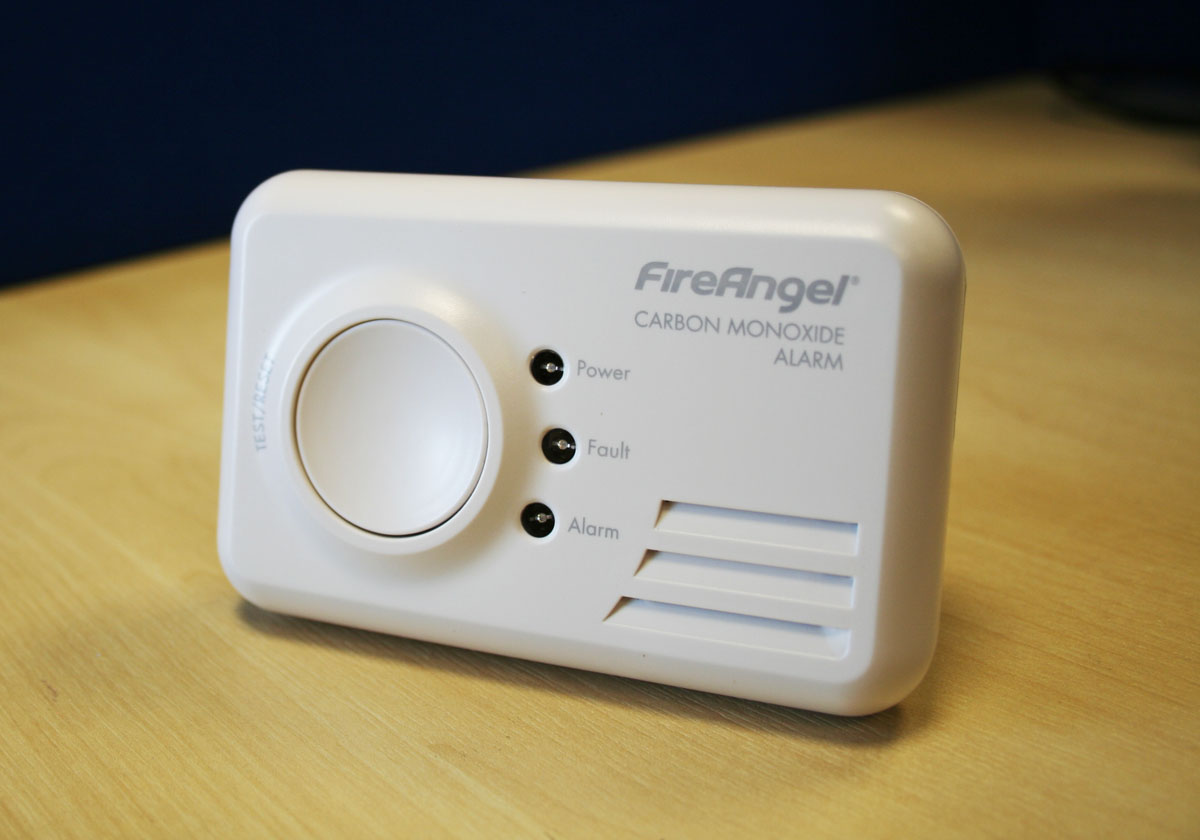
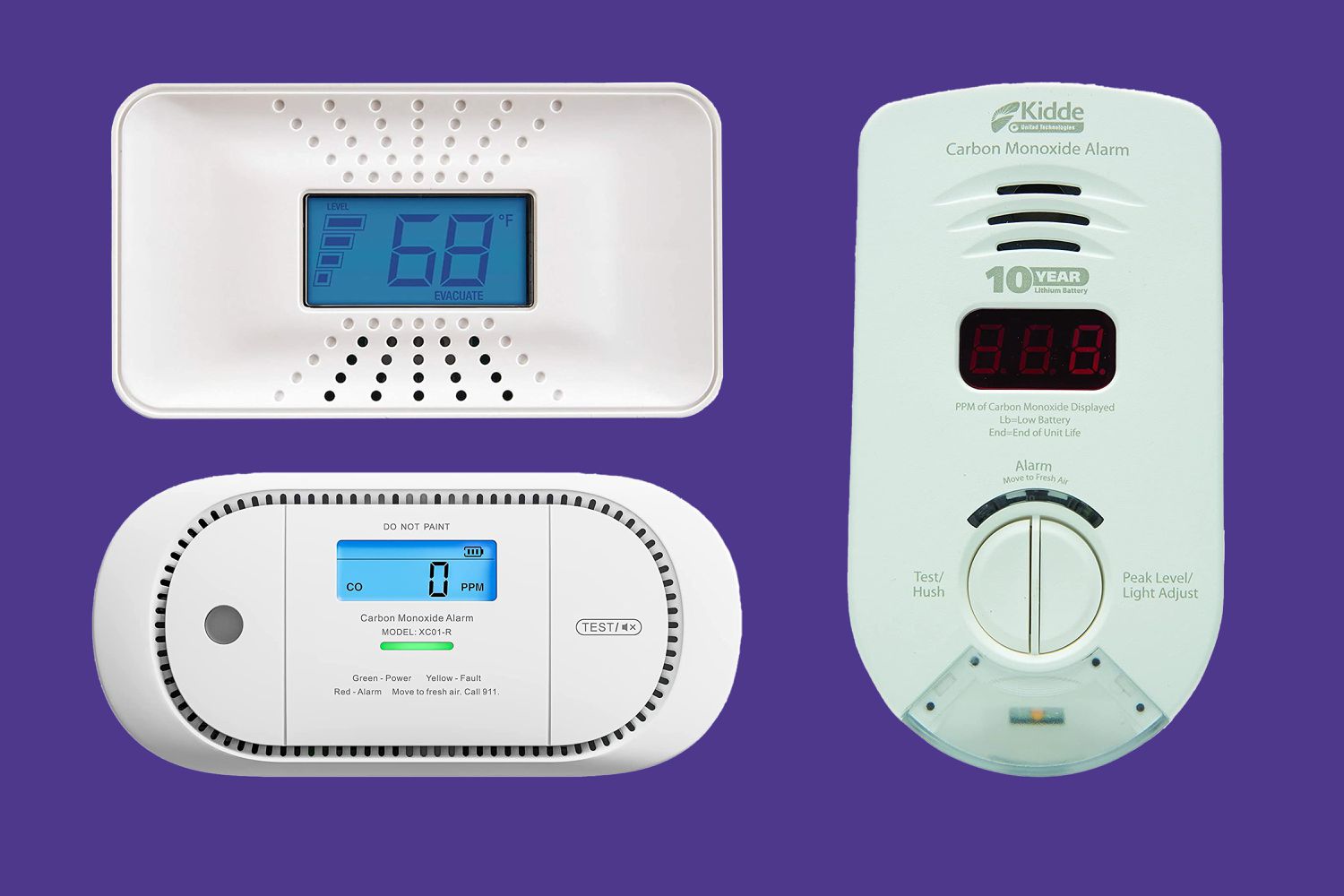
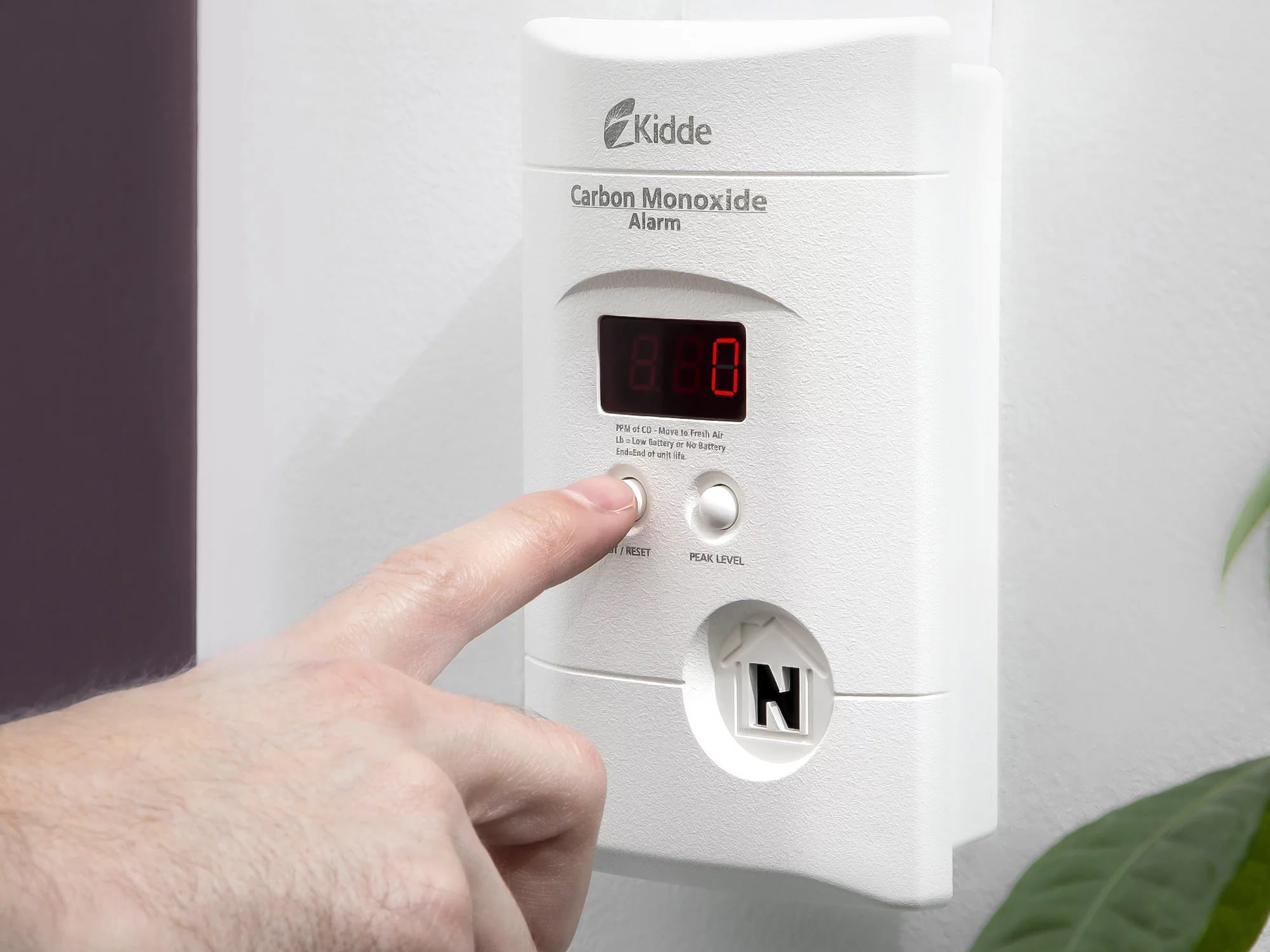
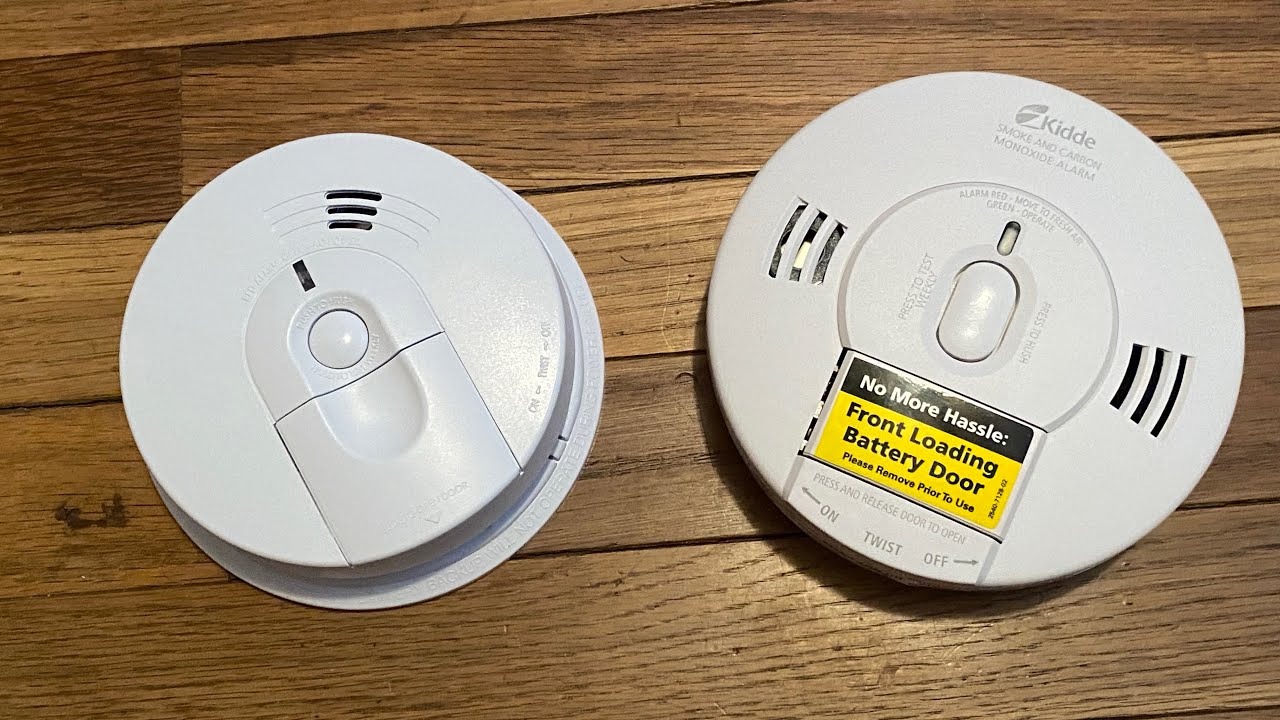
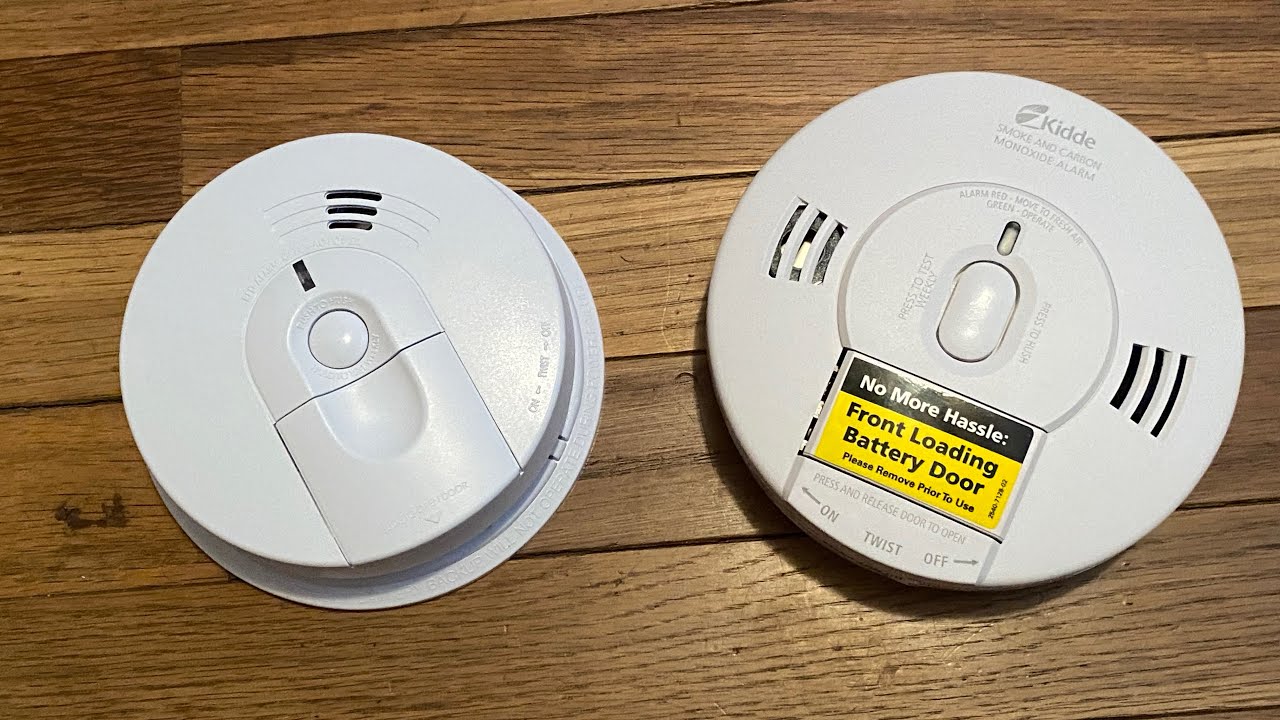
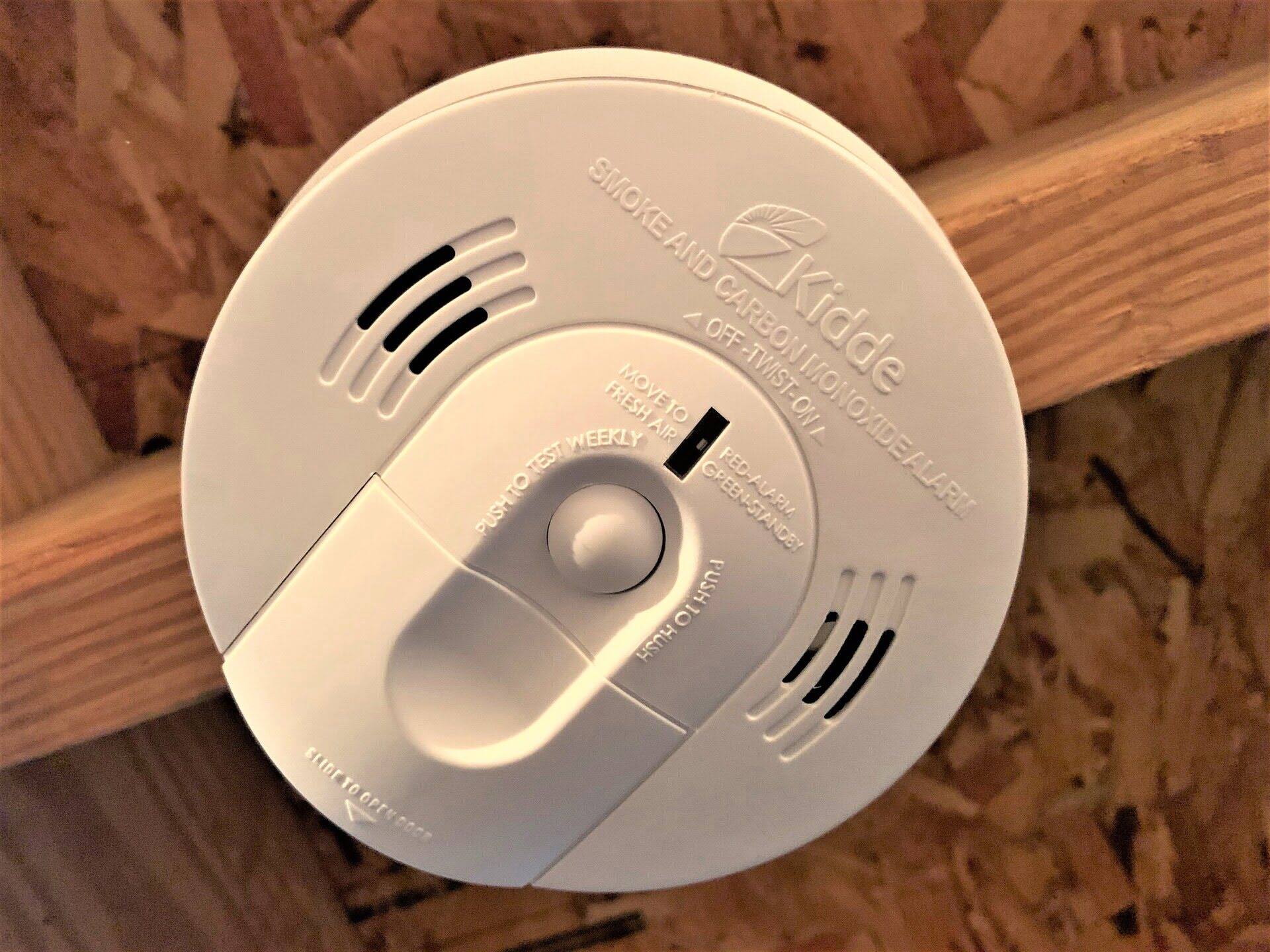
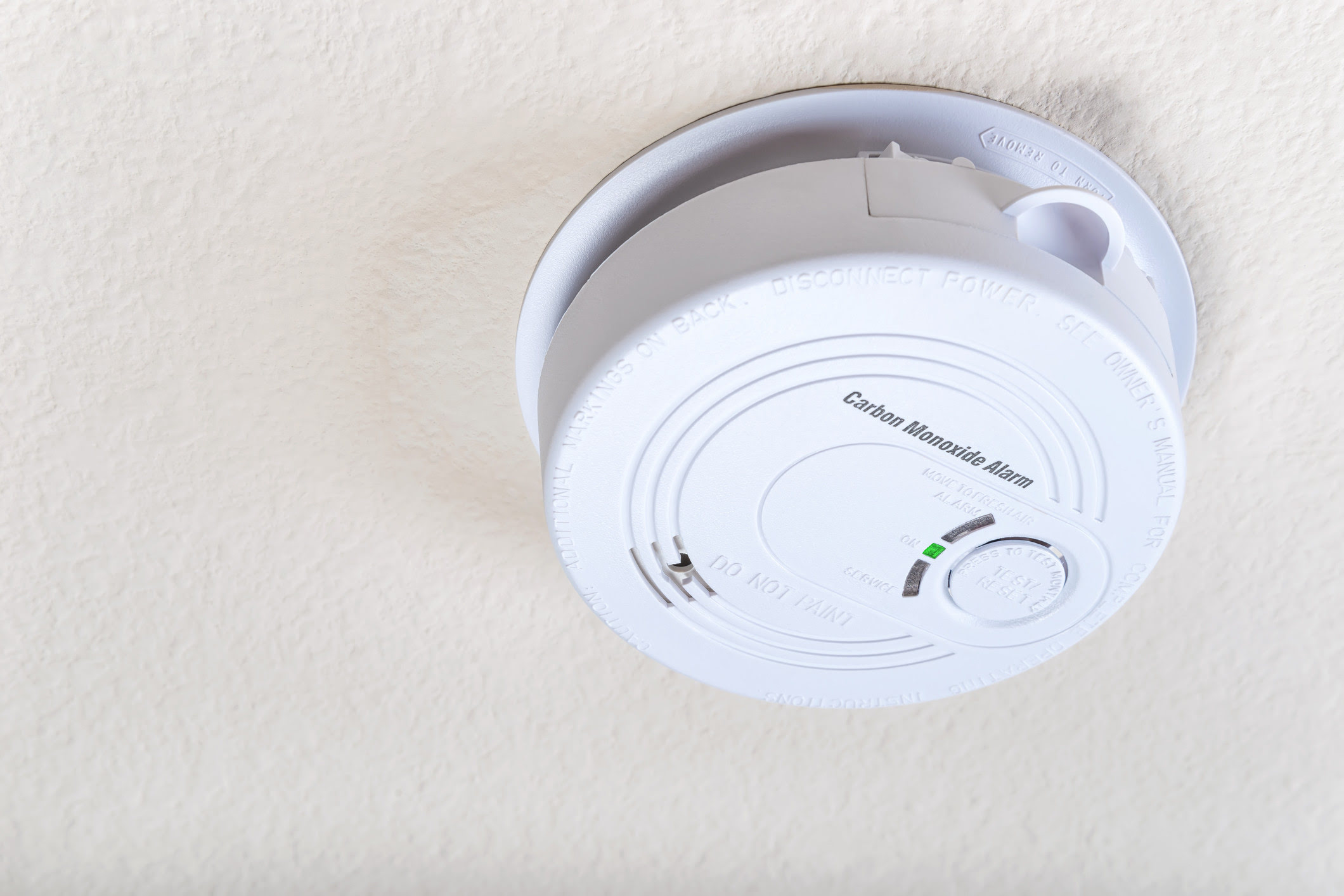
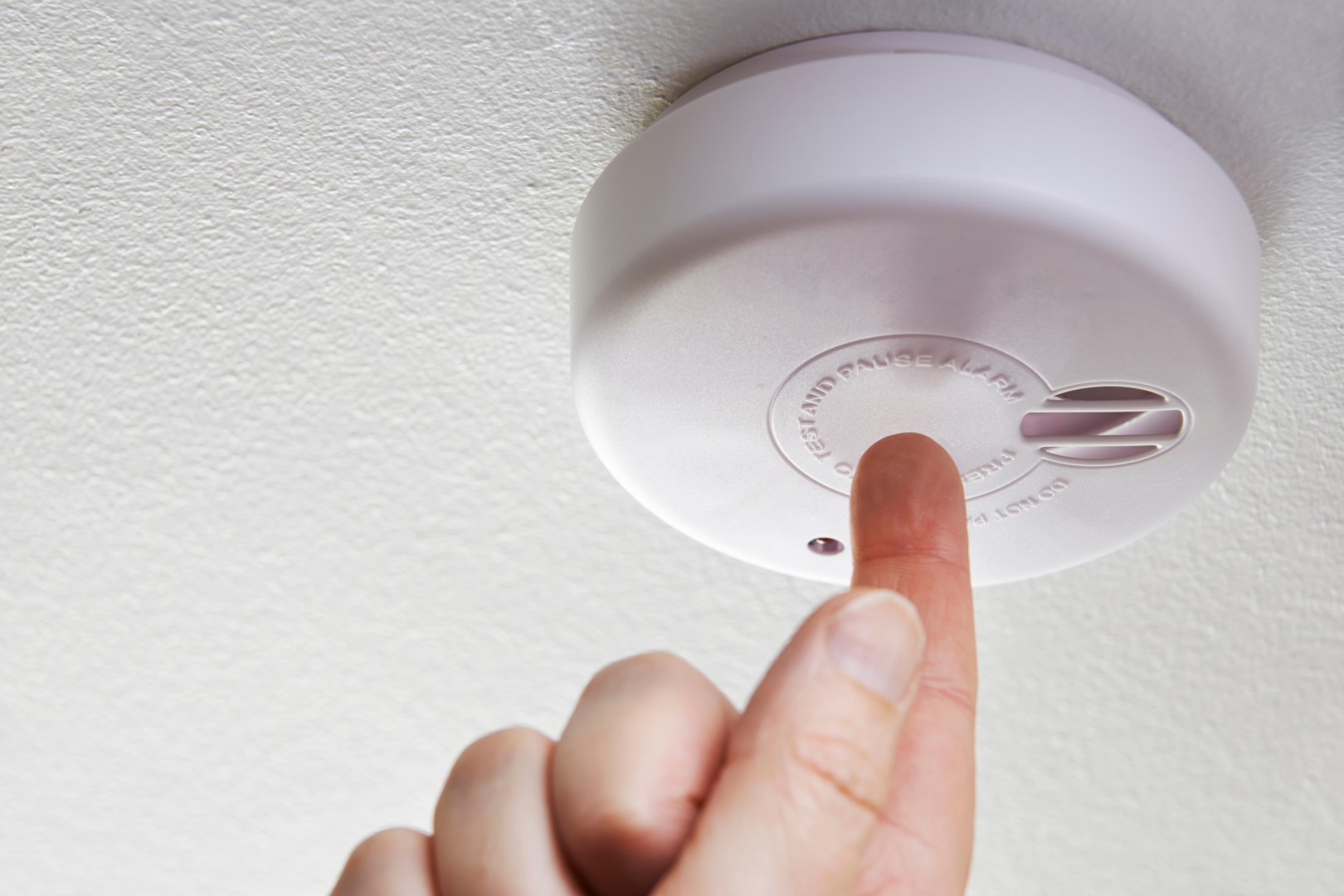
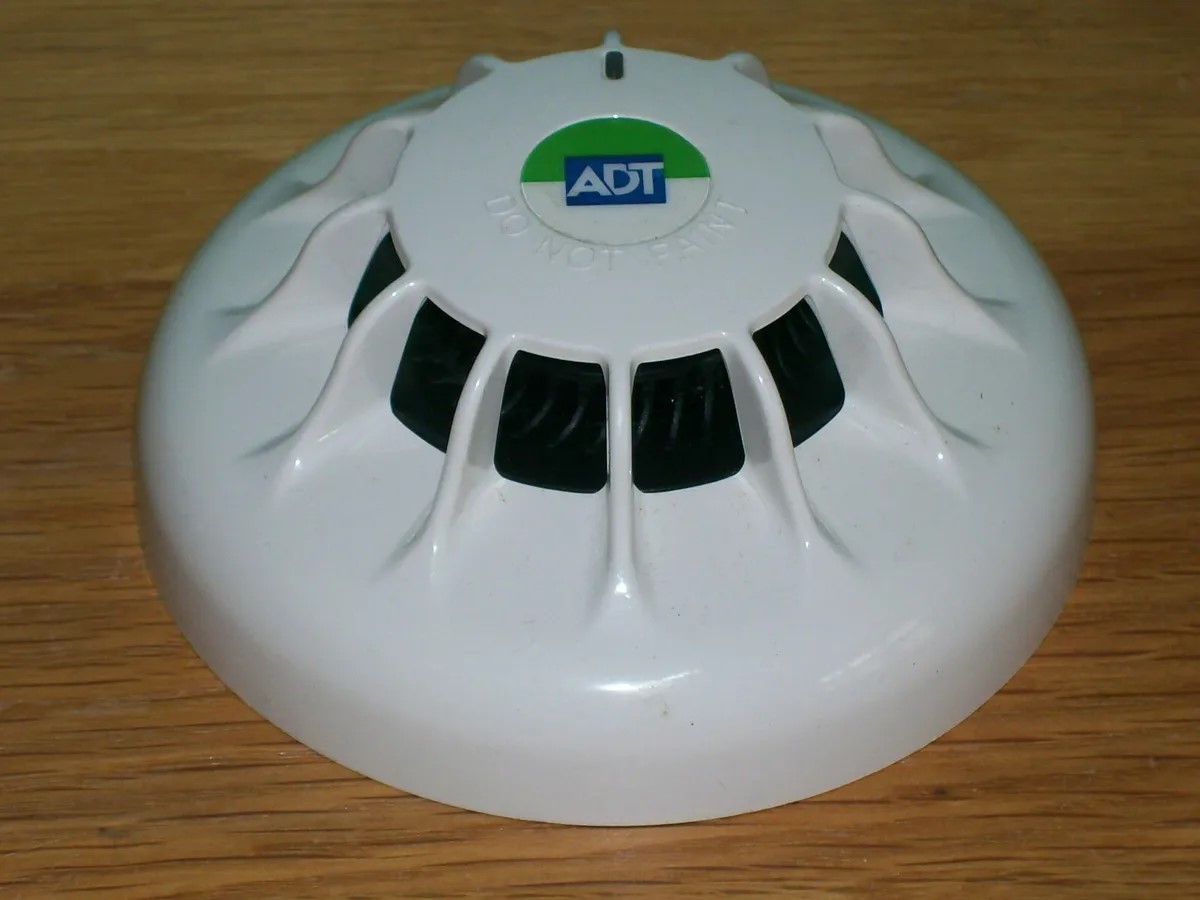

0 thoughts on “How Much Does A Carbon Monoxide Detector Cost”